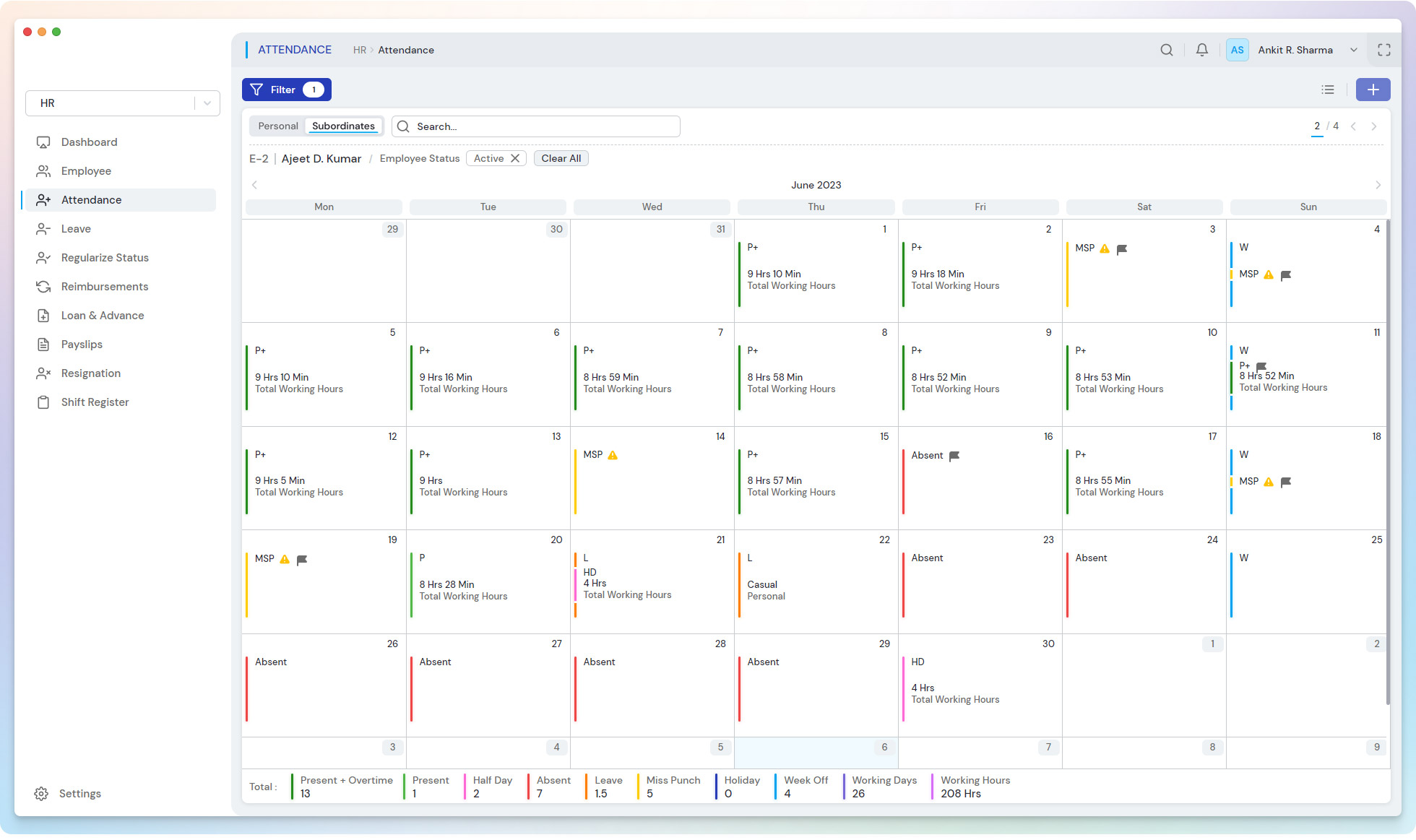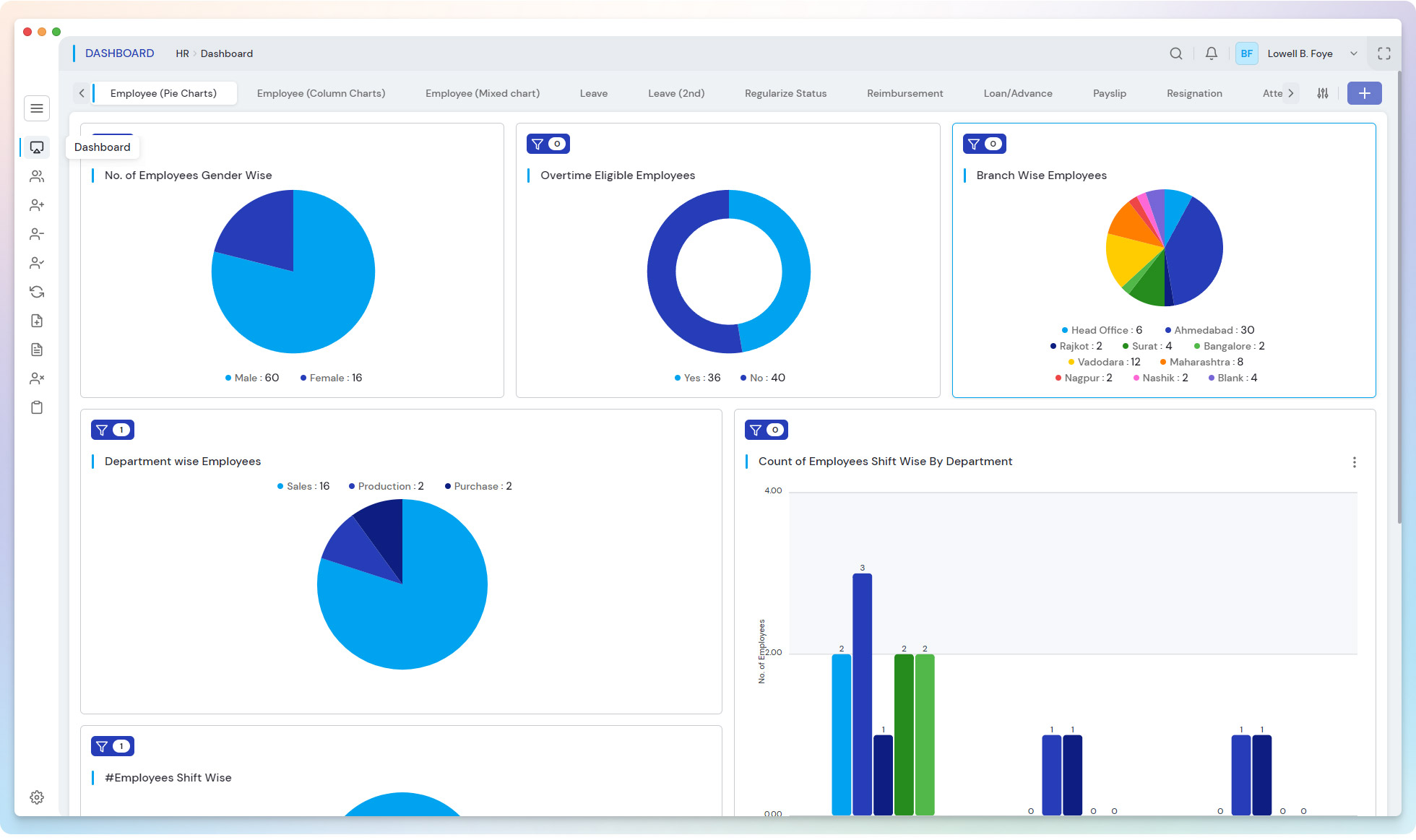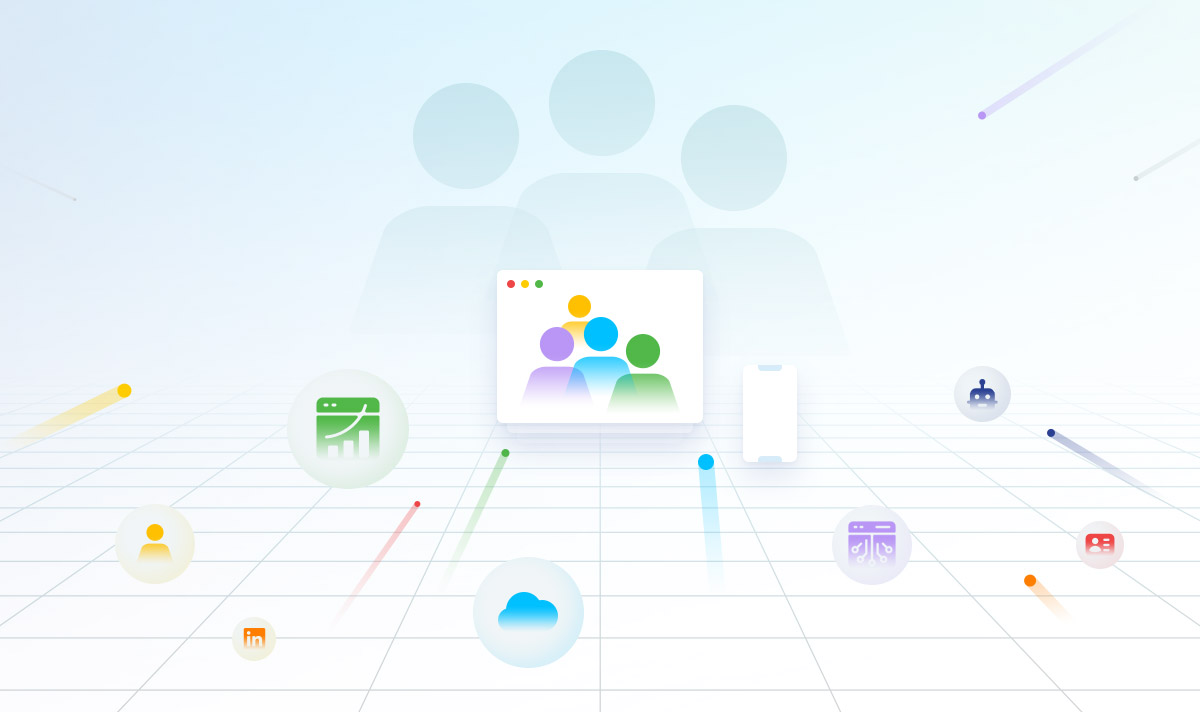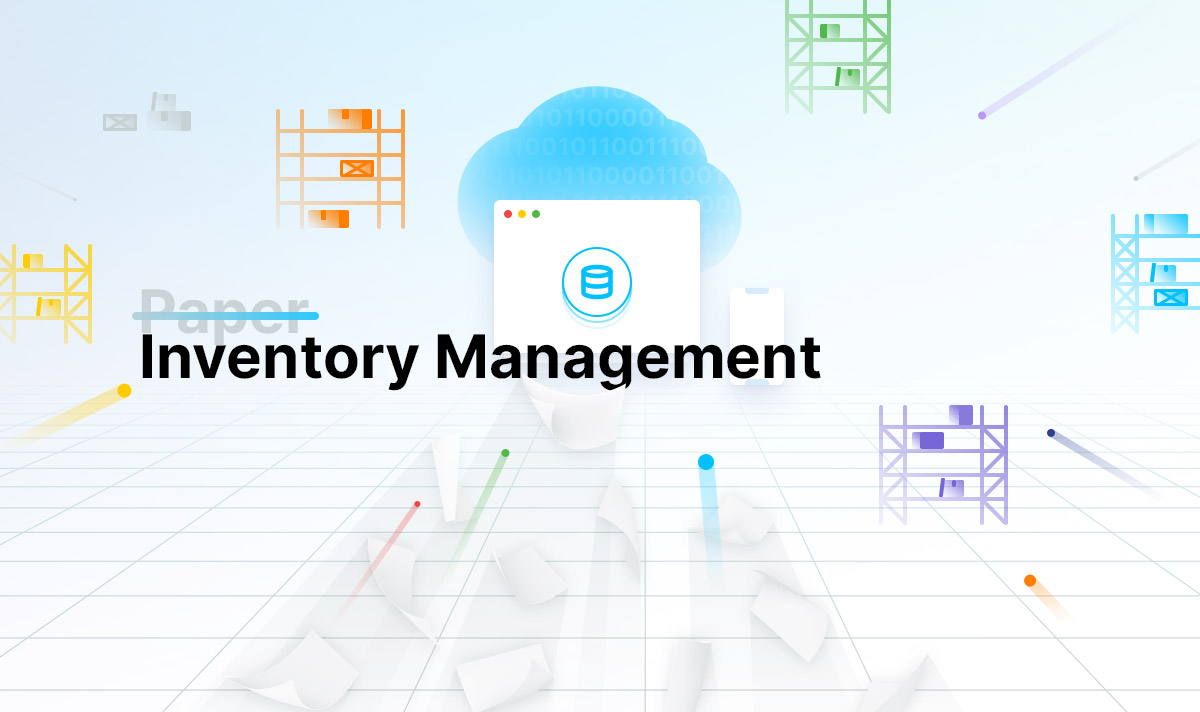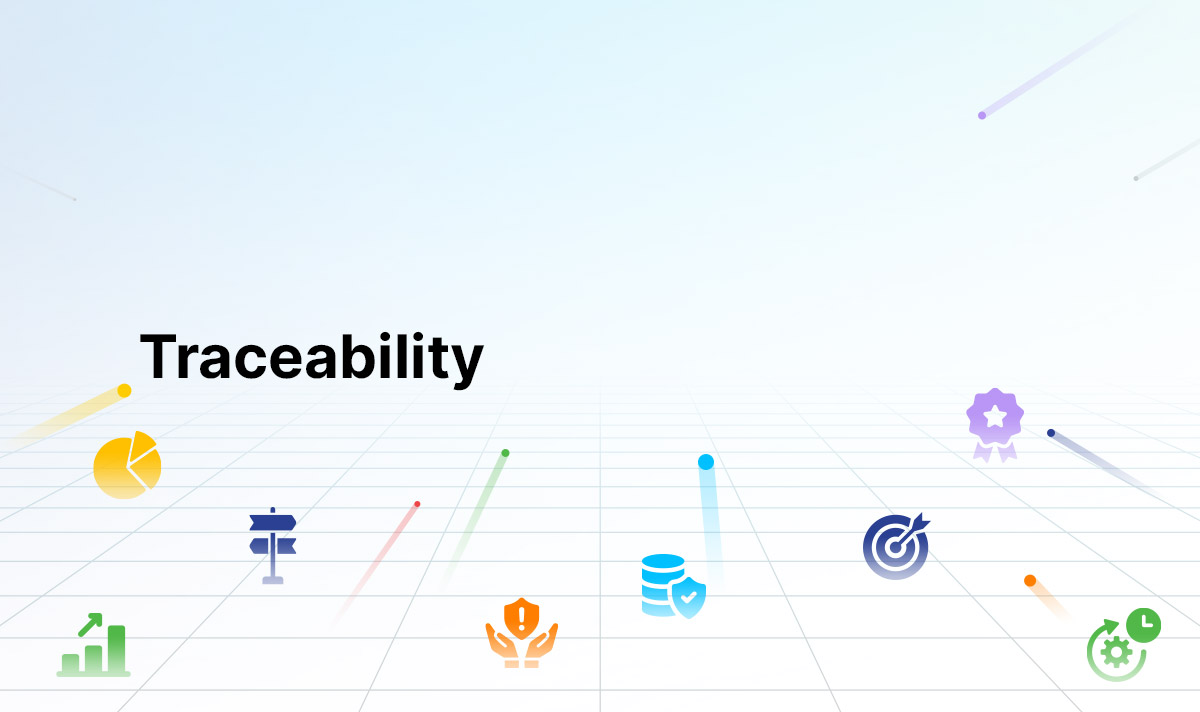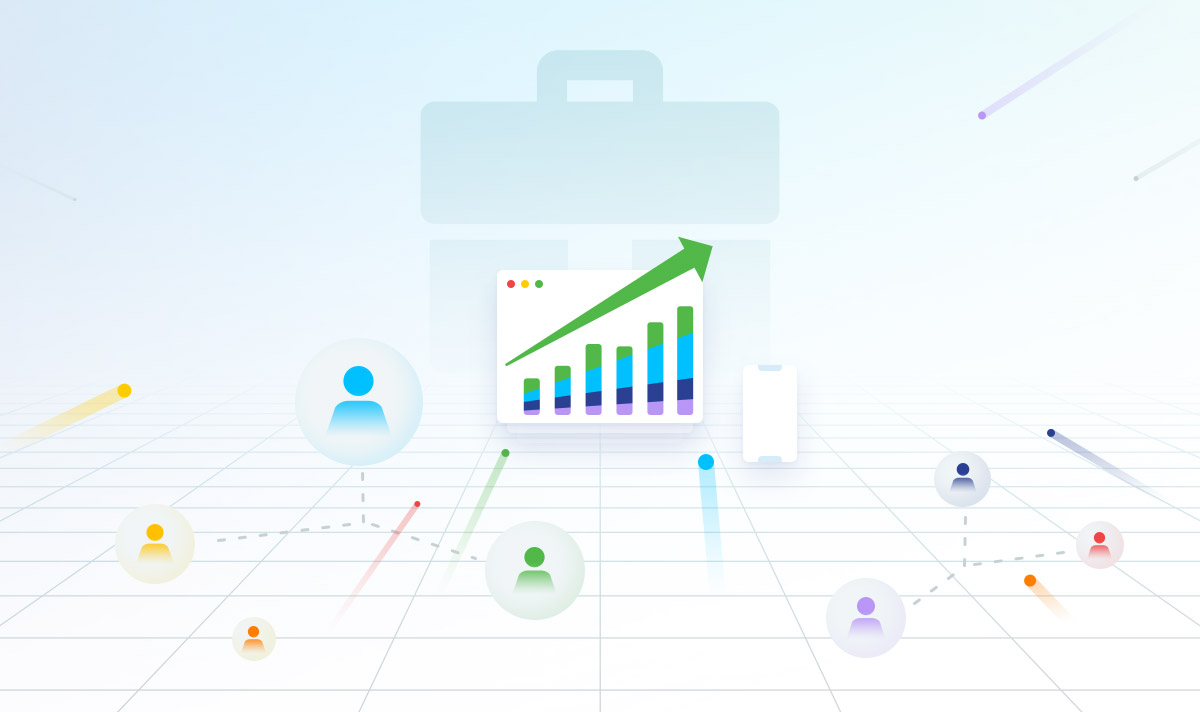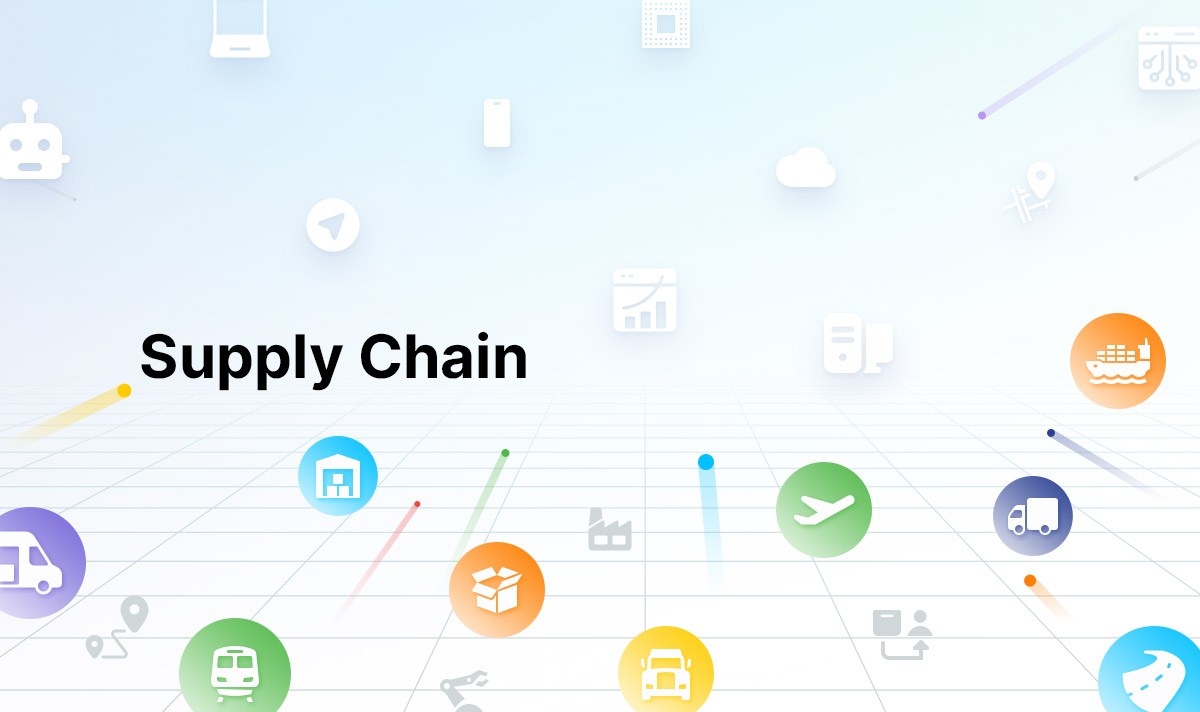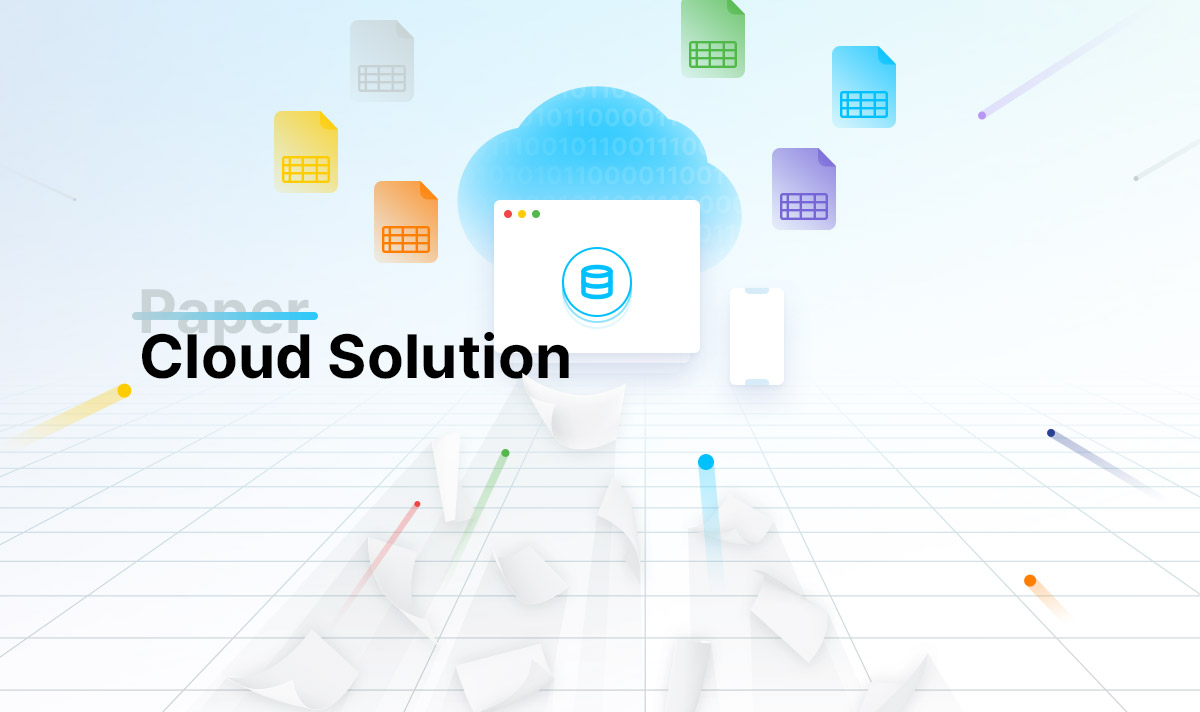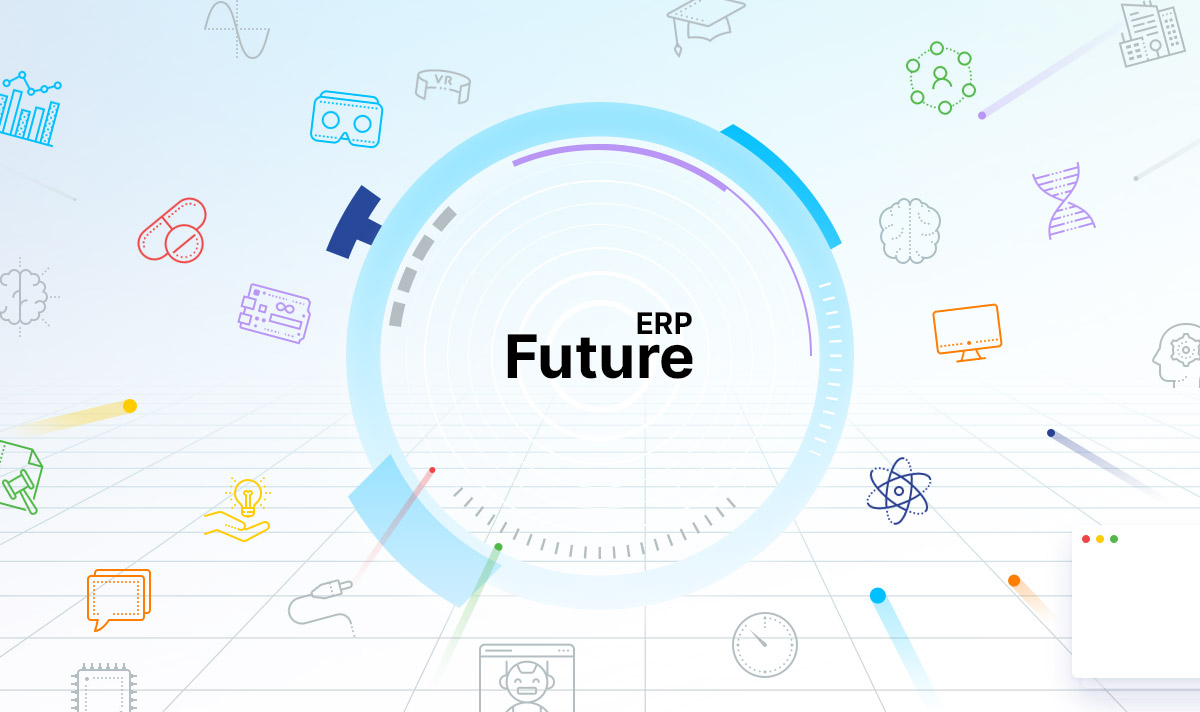The corporate industry had already started embracing HR transformation steadily. To be competitive in the industry, allowing remote working, and virtual onboarding – Digital HR has become a hot topic.
Admittedly, the human resources (HR) sector has undergone a notable transformation recently, in order to meet the new demands of the labour market. The adoption of cutting-edge technologies, tools & software solutions in a variety of human resources, is clearly visible.
One of the reputed companies Unilever, when coming to the hiring process, makes remarkable changes. The business is experimenting with social media, online gaming, and AI, among other things, to further digitalize how they recruit.
Needless to say, this totally supports the goal of transformation.
In this article, we’ll explore why employers prefer digital HR to traditional HR, and how to implement this new era of HR.
Let’s deep dive into it!
What Does “Digital HR Transformation” Mean?
Digital HR is a process optimization approach that uses social, mobile, analytics, and cloud (SMAC) technologies to improve the effectiveness, efficiency, and connectivity of HR. To put it another way, it represents a seismic change from how traditional HR processes work.
Generally, there are four stages in a company’s digital HR journey:
- Information:
During this phase, information is shared for business impact. Data is easily accessible, internal and external data are combined, and people analytics are used to generate business-relevant insights. - HR Efficiency:
During this stage, businesses invest in and develop technology platforms that effectively manage HR processes, frequently by working with already-established HR technology providers. - Experience:
In this phase, digital HR is used to bring people together. Social networks are being used to create experiences between people, and technology is facilitating a stronger sense of belonging. - HR Significance:
Last phase, technology is used to improve personnel practices (staffing, training) performance management, communication, and work.
What Is the Impact of Digital HR On Human Resources?
Digital technology is transforming HR in the same way that it has changed our daily lives. It enables HR to do things like:
1.Make Use of Data and Analytics
HR is gradually realizing the value that data analytics can bring to the organization. There is HR technology available to measure every aspect of the employee lifecycle, including pre-selection, learning & development (L&D), and employee engagement. But the real question is whether there are enough HR experts out there who can interpret this information.
2.Future-ready Hiring
A seamless mobile (application) experience, a data-driven preselection procedure, and a customized, AI-based onboarding program. These are only a few of the numerous examples of how the recruitment industry is going digital.
3.Enhance the Employee Experience
Employees in the twenty-first century no longer clearly distinguish between their personal and professional lives. When they do check their social media accounts during business hours, they also do so on the weekends.
As a result, they expect to be treated as customers and their employers to provide a similar user experience in the digital workplace.
4.Make Self-Service Tools Available to Employees
This one also focuses on the HR side, but it is more in line with an enhanced employee experience. Employees prefer to have flexibility in managing their HR data, just as they do with their professional emails and workload.
5.Engage in A Talent-Based Competition
Millennials and Generation Z are constantly plugged into social media and glued to their phones. When it comes to luring this demanding generation of workers, businesses that use these digital technologies for various HR purposes like sourcing, preselection, and learning & development.
How to Begin Your HR Digital Transformation
Even though all of this makes sense in theory, starting the process of a digital HR transformation can be quite intimidating. Consequently, the following elements are necessary for a strong beginning:
1.Specify Your Objective
A clearly defined goal that makes sense from a business perspective should be established before embarking on a significant transformational HR journey. Usually, this objective is to address a problem that affects the workers.
2.Keep Things Straightforward
Always get started small and simple. Take a look at the parts of your HR procedures that could benefit from a digital makeover (pre-selection and recruitment, onboarding & inboarding, learning & development, payroll management, etc.). Discuss this with your staff and the C-suite members. Inquire with them about what they believe should be a priority.
3.Evaluate Performance
It’s great to experiment with and implement digital technologies, but it doesn’t make much business sense if we don’t consider their outcomes. Therefore, it’s important to evaluate what works and what doesn’t. Ultimately, the only way we can advance is by finding real-world solutions to real-world issues using cutting-edge technology.
4.The Significance of Culture
An HR transformation cannot be achieved solely through digital technology. even if an entire organization undergoes a digital transformation. A digital mindset, in the broadest sense, is necessary for a successful transformation from the moment you hire a new employee up to the C-level.
On A Final Note,
HR and employers simply cannot fall behind in a world that is rapidly becoming digitalized, where consumers and employees alike expect almost everything in their lives to be digital.
According to Verified Market Research, the global HR software market was worth $15.59 billion in 2020 and is expected to reach $33.57 billion by 2028, with a compound annual growth rate (CAGR) of 10.10 percent.
Organizations are rapidly switching from traditional HR operations to cloud-based HR solutions to streamline various processes such as recruiting, Attendance, payroll management, and succession planning.
As a result, businesses can gain edges such as quicker access to business intelligence, a shorter time to pull operational reports, and increased employee satisfaction and engagement.
Is not a good digital HR transformation a bold step to take for emerging or established businesses?
Enliven with a vision & mission to make business easy, is helping businesses streamline & automate their entire HR management system through cloud-based technology & optimized ERP Development. It is a critical time to grow smarter by welcoming technology. Visit us today!
Here are some snapshots of the Digital HR Enliven offers.
